This topic contains 2 replies, has 1 voice, and was last updated by teresiamills 10 months, 4 weeks ago.
You must be logged in to reply to this topic.
Home › Forums › News, Rumours & General Discussion › Past perfect tense in novels
This topic contains 2 replies, has 1 voice, and was last updated by teresiamills 10 months, 4 weeks ago.
So I’m on kind of a Black Library binge, having finished both of Anthony Reynolds’ Bretonnia books , now finishing C.L. Werner’s Witch Hunter series and while they are good reads, there’s something that bugs me about novels of this type and that is the extensive use of ‘had done x’ or ‘x had happened’ (before).
The Grand Theogonist HAD MET with the guilmasters – or some such thing.
Why not describe the event ? It would make the book longer, probably more interesting, certainly better quality and it wouldn’t be just a rush from one battle scene to the next. It would give the author a chance to actually flesh out the characters – they would become more than just a guy with a blade – to develop the story, to build suspense.
Do they not do this beacuse they can’t or because the publishrs believe their audience to be somewhat retarded with the attention span of gnats ?
I do realize that none of the Black Library – or most authors in any genre – are Tolkien or Eddison, and sometimes, the use of the past perfect tense makes sense, but it gets annoying when they fill page after page after page with nothing but that, short-cutting, as you say, in a mad dash from one battle scene to the next.
And, as I found out just yesterday, they are not completely unable to do it. There’s a scene in C.L.Werner’s Witch Killer where Mathias Thulmann visits an old adversary in a prison, which is fully fleshed out as-it-happens narrative.
More of that and the book could have been 3 times as long and 10 times better.
You must be logged in to reply to this topic.
Supported by (Turn Off)


12
New Old World Wizards Join Warhammer Empire Of Man Armies


0
Look Ahead To Infinity’s New January 2025 Releases!


0
Accept The Wisdom Of The Council In Star Wars: Shatterpoint


0
Ace, Weird New Necromunda Miniatures On The Horizon


1
FireForge Games’ New Samurai Command Set Now Available


0
New 2-Player Starter Set Revealed For Mantic’s Kings Of War


2
Cubicle 7 Release Space Marine 2 Wrath & Glory RPG PDF!


6
Have A Swole Christmas With TTCombat’s Rumbleslam Team


30
Amazon & Games Workshop Warhammer Deal Confirmed


1
The Veteran Becomes Ragged Staff Minis Latest Historical Figure


4
Explore Pulp Figures Full New Retro Sci-Fi Miniatures Range
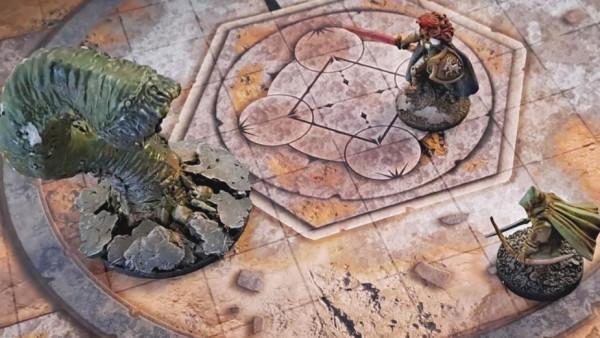

1
Battle Across PWork Wargames’ Newest Combat Book


3
28mm Evil Dwarf Armies Mass From Knightmare Miniatures


2
Eureka Add World War II Chinese Guerrillas To Their Range
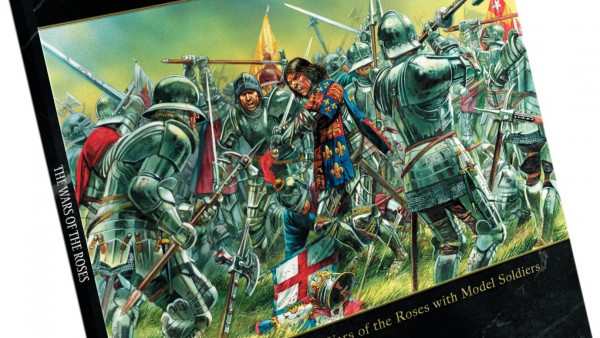

4
New Wars Of The Roses Supplement From Warlord Games
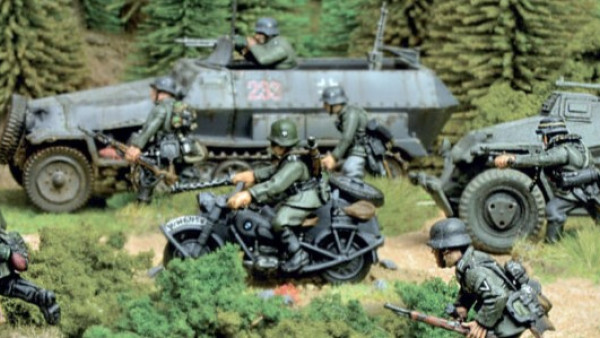

3
Early, Mid Or Late? Guides For German Armies In Bolt Action


12
Monolith Reviving Reichbusters With Reloaded Campaign In 2025
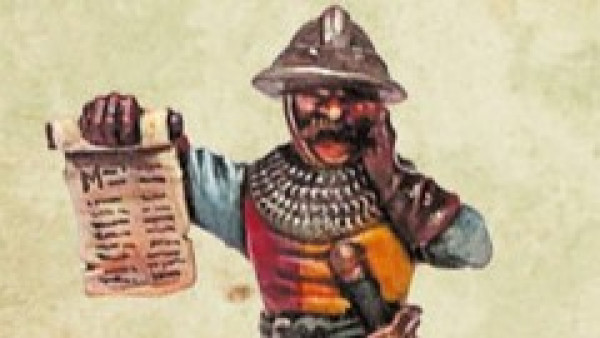

3
First Sneak Peek At Guards Of Traitor’s Toll Plastic Sprues


0
Late Pledges For Trench Crusade Kickstarter Now Available


4
Heroic New Napoleonic Salute Miniature Revealed For 2025!


1
Fight Over DakkaDakka’s Stormpride Temple On Kickstarter
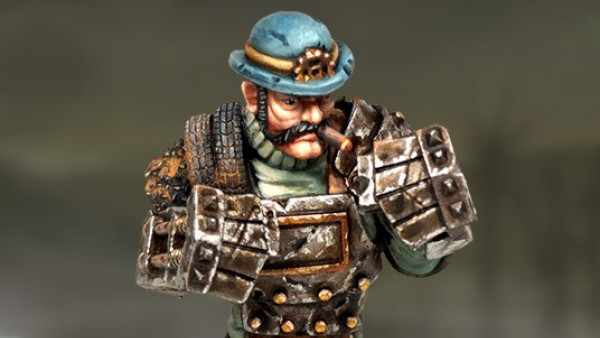

5
Smash Wasteland Foes With New Punkapocalyptic Characters
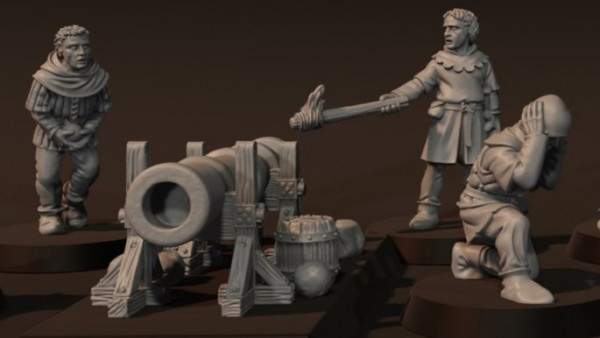

2
Blast Down Castle Walls With Medbury’s Medieval Artillery


2
Recreate Titus’ Tyranid Clashes In Warhammer 40K: Kill Team


2
Saga Worthy Heroes Available From Medbury Miniatures This Month
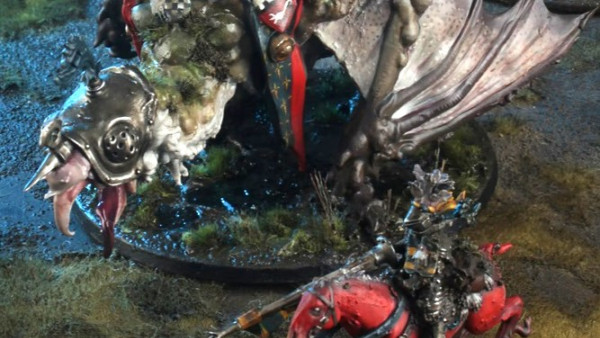

1
The Shattered Lance Crashes Into Turnip28 With New Kickstarter
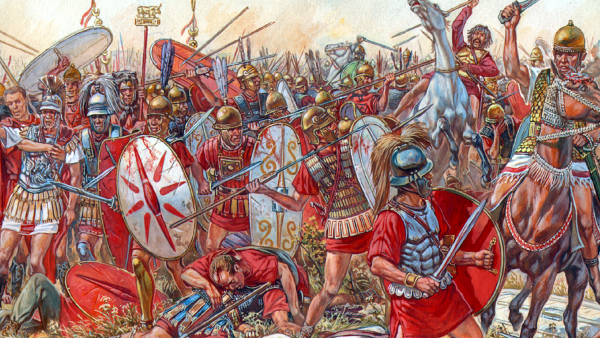

1
Alexander & Hannibal Supplement Released For Strength & Honour


3
Warp Miniatures Catch ‘Em All With New Combat Critters!
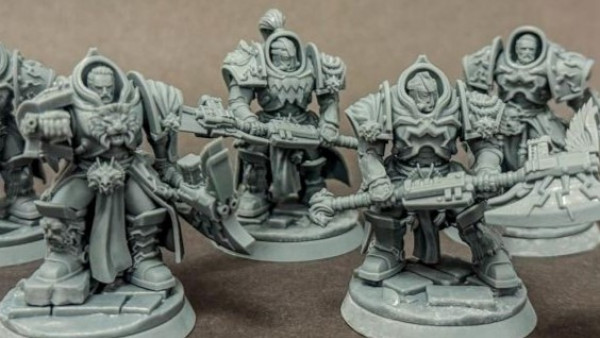

4
Fight With The Inperatorius Vindex & EightLegs Miniatures!


6
Blood And Bayonets Rules Announced By Firelock Games!
News, Rumours & General Discussion
News, Rumours & General Discussion
News, Rumours & General Discussion
Fantasy Tabletop Game Discussions
News, Rumours & General Discussion
3D Printing for Tabletop Gaming
News, Rumours & General Discussion
Fantasy Tabletop Game Discussions
News, Rumours & General Discussion
News, Rumours & General Discussion
Painting in Tabletop Gaming
Historical Tabletop Game Discussions
Historical Tabletop Game Discussions
Historical Tabletop Game Discussions
News, Rumours & General Discussion
3D Printing for Tabletop Gaming
3D Printing for Tabletop Gaming
News, Rumours & General Discussion
Painting in Tabletop Gaming
News, Rumours & General Discussion
Copyright © 2024 Beasts of War Ltd.
All trademarks and images are copyright of their respective owners.



